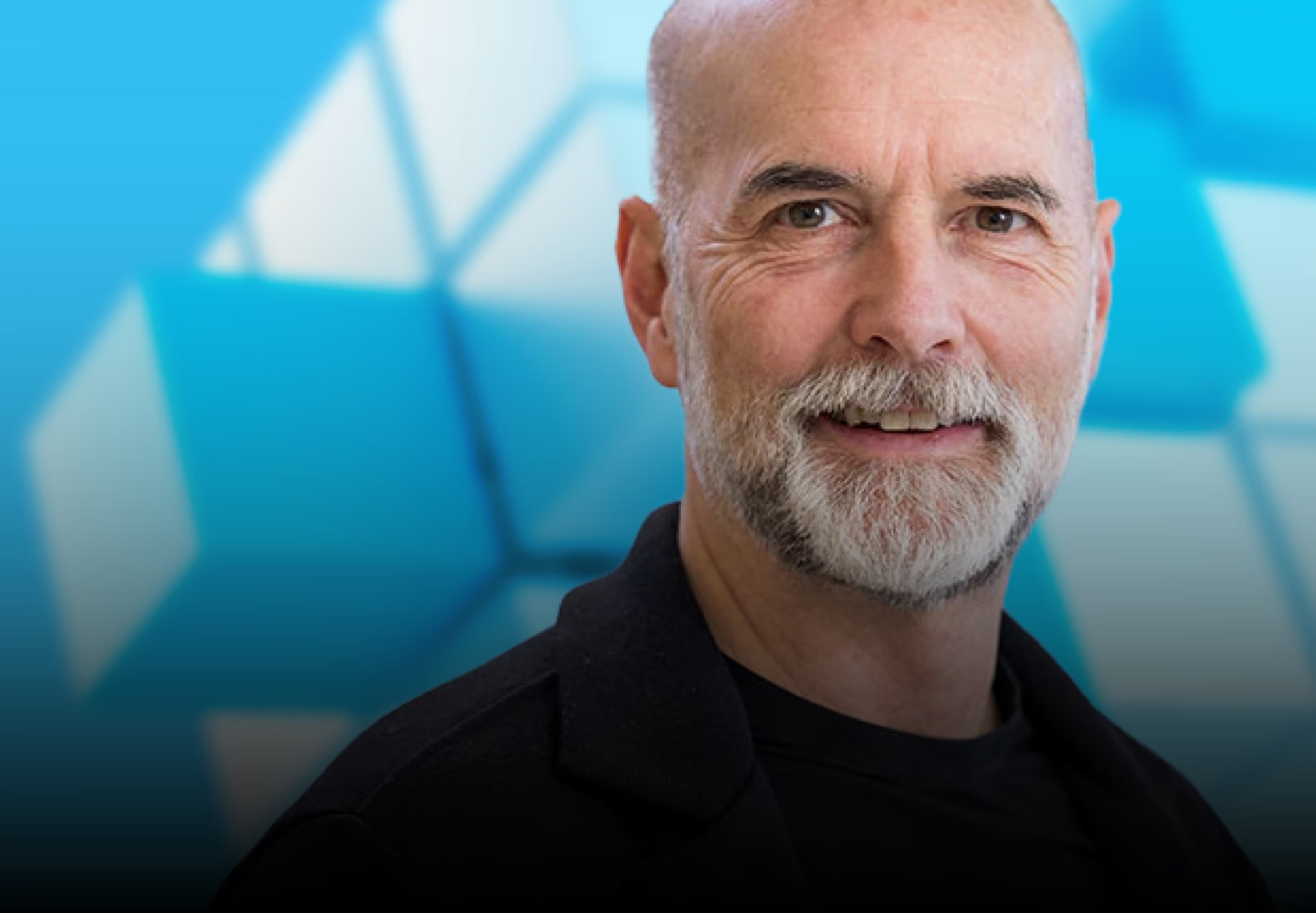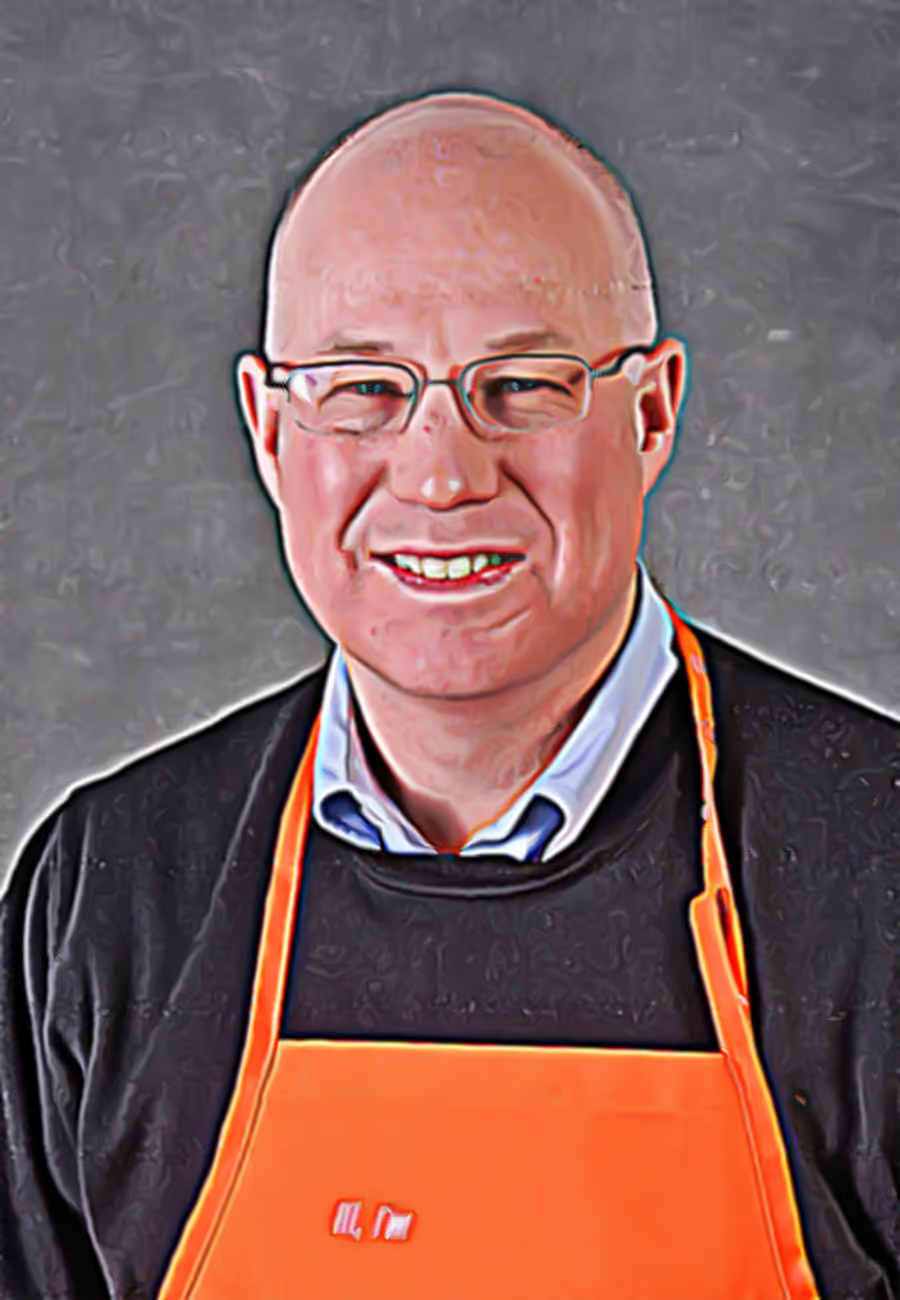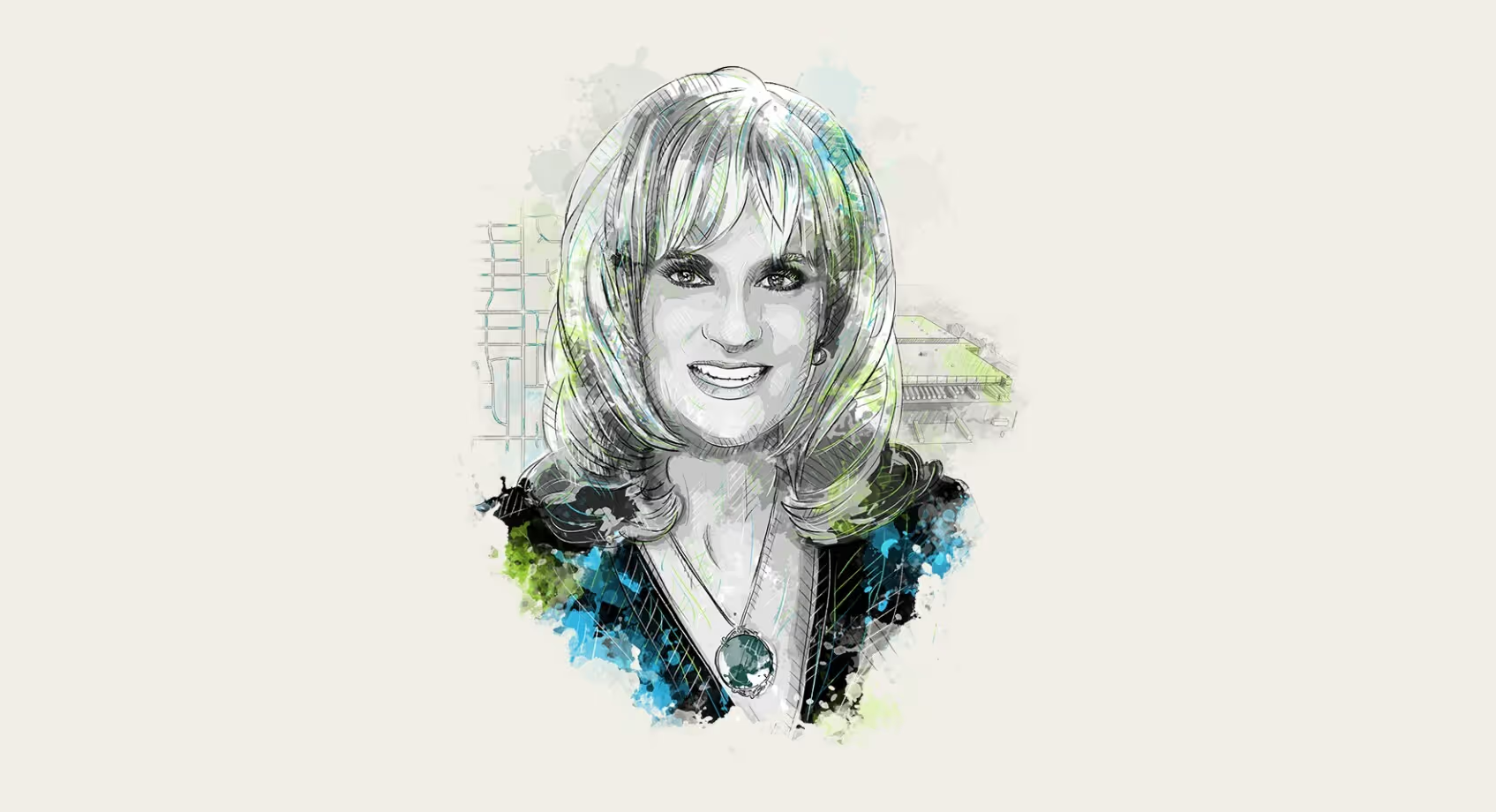There’s a lot of hoopla around artificial intelligence when it comes to autonomous vehicles and advanced medical imaging—and deservedly so. Just ask anyone who’s watched a robotaxi navigate traffic or had a cancer screening flagged by “eyes” sharper than any human’s. Nonetheless, AI’s merit most often lies in its ability to manage simple applications, argues Peter Skillman, global head of design at Philips. It’s not particularly sexy, he says, but “the real value of AI is in low-complexity areas. Like improving search functions, summarizing information, automating routine and other mundane tasks.”
Don’t get him wrong. Skillman is a proponent of any and all technology that breaks barriers, particularly when it comes to health care. Philips is, after all, a leader in medical tech. Indeed, leveraging AI for personalization, speed and predictive insights is crucial, Skillman says, noting that a focus of the 133-year-old company’s work centers on AI’s ability to analyze vast amounts of patient data from hospital monitors to predict critical health events, sometimes hours in advance. He also points to Philips’ AI-assisted ultrasound technology, which enables people in remote areas of Kenya to be trained in just a couple of hours to perform basic pregnancy ultrasounds, a task that typically requires six months’ instruction. Given that 800 women around the world die from preventable causes related to pregnancy every day, he says, “we're basically democratizing ultrasound.” Other innovations Skillman has overseen at Philips include a catheter with 3D positioning capabilities that reduces X-ray exposure by 80% and solutions to mitigate disruptive hospital alarms so patients sleep better—and thus heal better.
Drawing on the wealth of experience he brings to medical design from previous work with Nokia, Microsoft and Amazon Web Services, Skillman sees AI as a trap as much as an opportunity. “AI can be totally distracting,” says the Dutch national champion in the over-50 epee category of fencing, a sport Skillman credits with honing his ability to remain calm under pressure (and resist distraction). “AI is too often a technology looking for a need.” It’s also prone to bias in its training data, he warns, citing examples of AI-generated personas that reinforce stereotypes, such as depicting nurses as white women only.
Skillman advocates AI implementation that focuses on patient needs, rather than technology for technology's sake. He also stresses the importance of maintaining a "human in the loop" when it comes to treatment, which takes him back to why he promotes the importance of AI’s ability to handle “dreary work” effectively: While it doesn’t grab as many headlines as AI-enhanced cancer screening or ultrasounds, automating administrative tasks enables health care professionals to spend more time with patients—a big win, considering 40% of clinicians' time is currently spent on paperwork. And with the health care industry facing a projected shortage of 10 million doctors worldwide within five years, cutting into that 40% is imperative.

Equally imperative is using AI and other technology to prevent medical errors. To that end, he recommends applying consumer communication lessons to medical interfaces, proposing that hospital navigation systems could, for ease of use, mirror familiar applications, such as Outlook.
Whatever the technology, Skillman is passionate about innovation and product design. “There is no win; there is no fail; there is only ‘make,’” he says. It’s a philosophy that extends to his view of leadership, where he considers building teams to be as important as building products. “I'm on this earth to unlock the creative potential of other people. If you work for me, and I work on your career, that's the biggest investment I can make in the company.”




